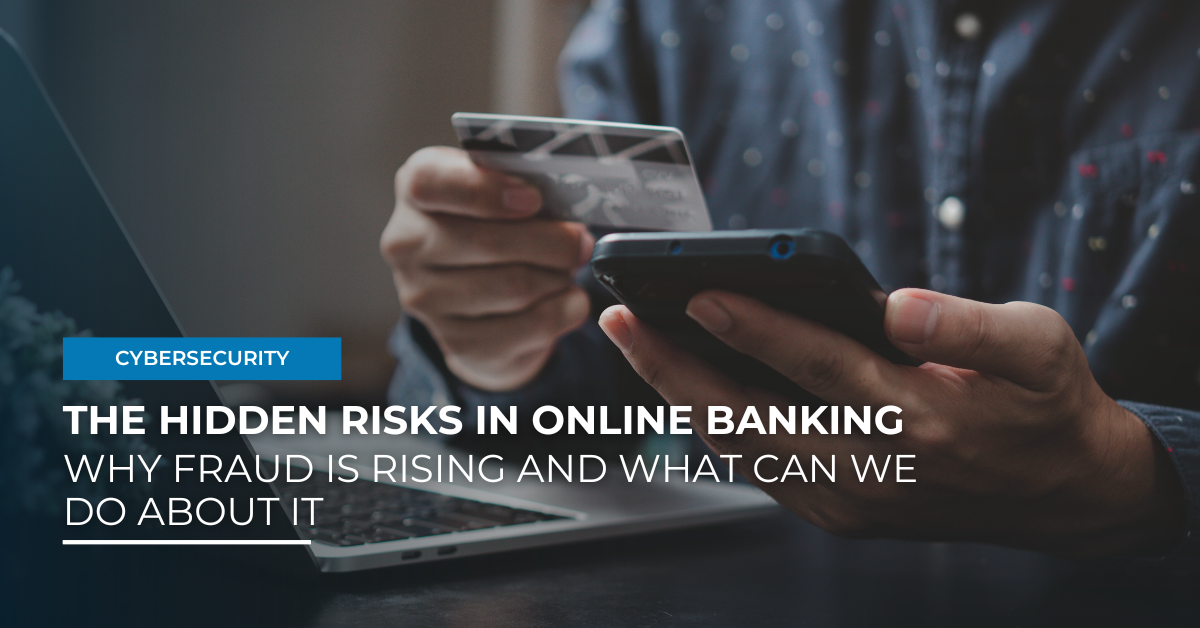- Services
-
Cyber Security
Cyber Security
Safeguard your business with tailor-made cybersecurity solutions.
View All Cyber Security Services Here Design & Security Assessments
Design & Security Assessments
Focused on providing an in-depth analysis of an organisation's security infrastructure
 Cloud Platform Services
Cloud Platform Services
Cloud is now the new norm, offering organizations scalability, security, and speed
 Penetration Testing
Penetration Testing
Penetration Testing Services simulate real-world attacks on various components of your IT environment to test the detection and response capabilities of your people
 Security Awareness
Security Awareness
Human error and negligence remain significant weaknesses in an organization's security posture
 Staff Augmentation & DevSecOps
Staff Augmentation & DevSecOps
While we excel at conducting assessments and penetration tests, we also understand that some customers require more comprehensive and personalized assistance
-
Risk & Data Management
Risk & Data Management
We assist financial institutions in detecting suspicious activities by monitoring financial activities on client’s systems in real-time.
View All Risk & Data Management Services Here Risk Management
Risk Management
Our Risk Management services are designed to help businesses identify, assess, and manage the inherent risks in their operations.
-
Transformation, Assurance & Compliance
Transformation, Assurance & Compliance
Through innovation, commitment, and integrity, we deliver high-quality, world- class solutions for every enterprise, from small to large, fueling the best value to customers, and powering the wealth and development of the Caribbean.
View All Transformation, Assurance & Compliance Services Here Digital Transformation
Digital Transformation
Through innovation, commitment, and integrity, we deliver high-quality, world- class solutions for every enterprise
 IT Audit & Assurance
IT Audit & Assurance
Empower your business with our IT audit and assurance services, designed to validate the effectiveness of your process controls in supporting strategic goals.
-
Data Privacy & Protection
Data Privacy & Protection
We perform Privacy Impact Assessments, to analyze how personally identifiable information (PII) is collected, used, shared, and maintained.
View All Data Privacy & Protection Services Here Data Protection Officer as a Service
Data Protection Officer as a Service
Many of the regulations today require the appointment of a Data Protection Officer (DPO) who must be independent of your operations and be adequately qualified to perform their duties. Symptai Consulting Limited is here to support you with that role through our DPO as a Service.
 Training and Awareness
Training and Awareness
Assessment of a company process, application, system and/or systems design/requirements and identify potential data privacy compliance issues/gaps with the aim to ensure the company can develop their product/service in compliance with regulations
-
Cyber Security
- Who We Are
- Insights
- Webinars
- Courses
- E-store







